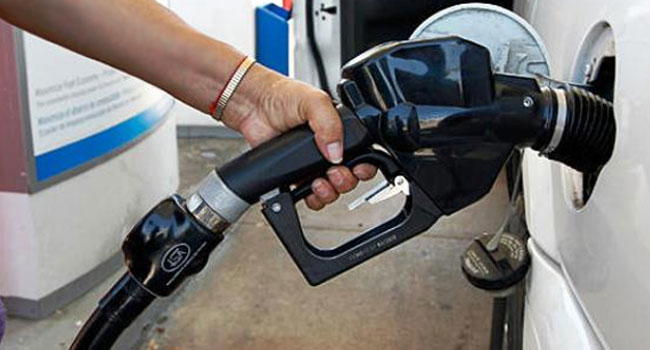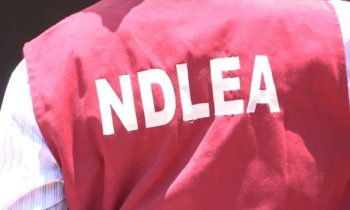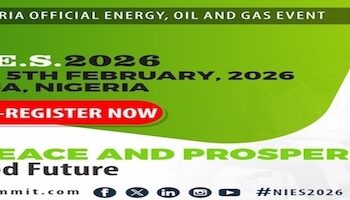
Olusol Bello
Nigeria has to make a choice. Nigeria’s population has grown to over 200 million people and country revenues have not grown sufficiently to support necessary investments in health, education and country infrastructure to support the population growth as well as pay subsidies for petrol as it has done for decades. Country revenues can no longer fund petrol subsidies.
With over =N=9.84 trillion spent between 2006 and 2018 financing the subsidy on fuel, Nigeria has had to result to borrowing to finance the national budget. With an external debt of $31billion and increasing to a projected $36billion, Nigeria’s debt service burden is already in excess of 96% of independent revenues.
Nigeria has lost the following benefits from subsidizing petrol: – 60,000 fully equipped primary health centers across the country (@ N30m each) – 100,000 Nigerian children provided with educational support through tertiary level (@ N5m each) – 10,000 km of roads constructed across the country (@ N500m each) – 1,000,000 entrepreneurs (including farmers) given capital for start-ups or business upgrade (@ N1m each) – 100,000,000 Nigerians insured by the NHIS (@ N15, 000 each)
Nigeria has lost the following benefits from subsidizing petrol: – 328,100 fully equipped primary health centers across the country (@ N30m each) or – 16,405,000 boreholes constructed across the country (@ N600,000 each) or – 1,968,000 Nigerian children provided with educational support through tertiary level (@ N5m each) or – 19,686 km of roads constructed across the country (@N500m each) or – 656,200 houses built and mortgaged (@ N15m each) or – 27,342 MW of solar electricity added to the national grid (@ N360m each) or- 984,300 classrooms built (@ N10m each) or – 9,843,000 entrepreneurs (including farmers) given capital for start-ups or business upgrade (@ N1m each) OR – 190,000,000 Nigerians insured by the NHIS (@ N15,000 each)
Another negative economic effect of the fuel subsidy is its inequitable distribution of resources as it favors the rich than the poor. The benefits of fuel subsidies are distributed in proportion to energy consumption as higher-income households that own several cars, jeeps and SUVs are typically more energy-intensive, consuming more fuel at the expense of those from lower-income households.
Nigeria must not only rationalize its expenditure, but it must also at the same time grow its GDP and only private capital can do this at the levels required for our survival and growth in all sectors of the economy.
Price control will not only lead to pressures to restart subsidies when international fuel prices go up, it strongly discourages private capital from investing to develop the petroleum sector through refineries, ancillary and derivative industries which is the clear path to develop country resources to become the refining hub of West Africa and grow the country’s GDP.
Countries around Nigeria continue to have significantly higher petrol prices than Nigeria due to taxes they charge on fuel consumption leading to a continued propensity to smuggle petrol across the borders. Nigeria is not only subsidizing its own economy but also that of its neighbors.
The downstream industry is currently over-regulated with multiple agencies significantly duplicating administrative costs which all impact fuel prices negatively. A strong single regulator could be empowered to prevent market abuses related to price gang ups, market dominance and ensure consumer protection without fixing pump prices.
With Dangote and other modular refineries coming on stream in the near future, the long-held argument that Nigeria will not be shielded from international price fluctuations will no longer be tenable as most of our local requirements will be met from domestic refineries.
Raising the prices of petroleum products in a situation where the country is shut down for a period, sometimes in violent protest, is not sustainable. The result of this action leads to huge economic losses to the country.





